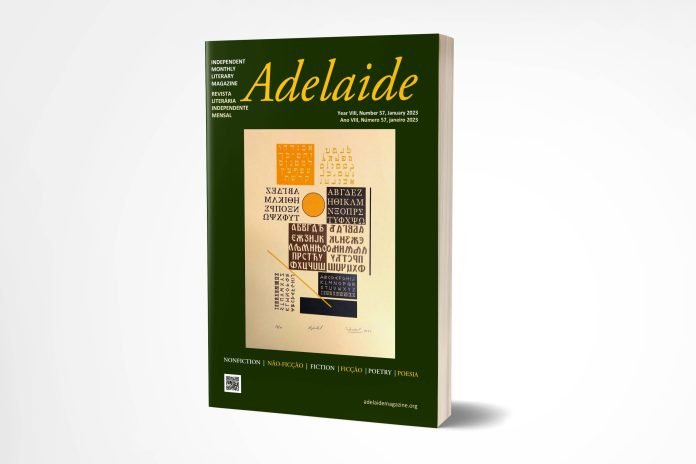I remember my grandmother’s house in sepia. I don’t recall a rainy day here, let alone a wintery one. All I see are the two towering maples in the front yard that stand guard and frame her small brick home. I remember the afternoons spent on a blanket, stretched below the branches with my neck craned to the treetops, watching the collective whoosh and shimmer of the leaves before the wind sent them spinning and guided their gentle descent.
What was it like to be a child? The cliches remind me that it was a simple time—a state of ignorant bliss, of wonder. Often, I would climb into the embrace of bark and branches, made giddy by my small triumph over ground and gravity.
Joan Didion writes that “we should be on nodding terms with the people we once were”. If that’s the case, I’d like nothing more than to tip my hat to that young tree climber. Not a day goes by that I don’t marvel at her unbridled sense of adventure, her assured sense of self; it seems that both have waned with age.
Years pass and I learn that growing up is a gamble. We meet many figures, try on many hats. Does this one fit right?
The world grows wider, and we expand ourselves to fill it. Drunk on the freedom of endless horizons, we fail to see the chasms left in our wake.
My chasms didn’t catch my notice until my sophomore year of college. The COVID pandemic seemed to slowly unravel my sense of conviction. All at once, a world that had once seemed wide and mine for the taking had grown cold and unfamiliar. A sudden freeze had seized upon my flourishing. This was fine. I was convinced that the world wasn’t going to rattle my inner resources, nor disrupt my sense of self.
You’re ok. You’re in control.
I had been raised to believe that our power is not determined by what we are faced with but by how we respond to it.
You’re ok. You’re in control.
But my chasms were widening.
I recall returning home to Utah for Christmas that year to find that the tree at the end of my street had been cut down in my absence. The Colossus of 1300 East, a formidable oak with its promise of shelter and shady embrace had been swiftly reduced to a depressing cluster of stumps. It was as though a violation had been made on sacred ground.
“What happened?” I asked my mother. “Nobody knows. A truck with chainsaws showed up one day and went to hacking. The neighborhood Facebook page went crazy for a few days and now—crickets.”
I couldn’t resist the compulsion of metaphor, the search for meaning in an arbitrary act. The sight of severed branches sat in my mind like an itchy sweater, a confirmation that the world was now small and didn’t care for my yearnings.
“What do you do?” I wanted to ask my younger self, perched precariously as she reached for the next branch. “What do you do when the branches are gone?”
A simple answer appeared in my mind: “Well it must mean you’ve reached the top” my childlike voice answered coyly. “Now you’ve got a clear view of the stars.”
“Foolish girl,” I thought. But I admire her whimsy, cling to it. When living begins to feel like a relentless game of catch up, and the sheer vastness might swallow me whole, I heed her call to explore, to come and simply wonder.
The next summer I return home and find a layer of leaves has grown between the cracks of the stump. It’s pitiful. It’s plentiful. It’s enough.
Maddie Lindsay twenty-something living in Denver and is soon to graduate from Metropolitan State University with a B.A. in Journalism. She loves to travel, read, and aspires to impact people through the power of local news.




















